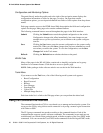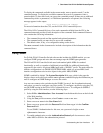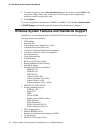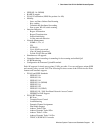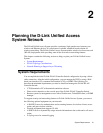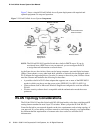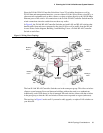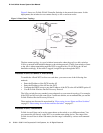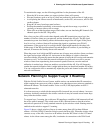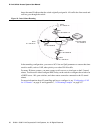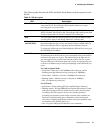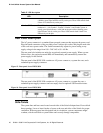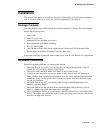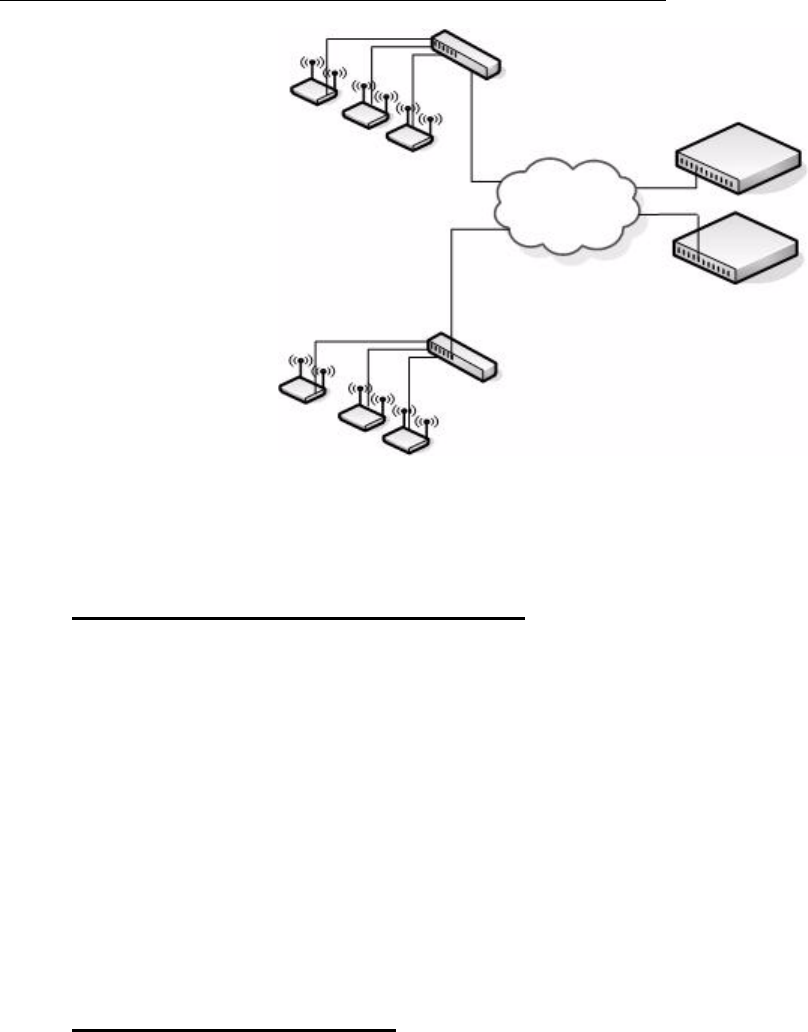
34 © 2001- 2006 D-Link Corporation/D-Link Systems, Inc. All Rights Reserved.
D-Link Unified Access System User Manual
Figure 9 shows two D-Link WLAN Controller Switches in the network data center. In this
deployment, the switches do not connect directly to APs or end-user nodes.
Figure 9. Data Center Topology
The data center topology is a good solution in networks where the goal is to add a wireless
LAN to a network with minimal changes to the existing network. Traffic from wireless clients
to the APs is either tunneled through the WCS or tagged with a VLAN ID by the AP and
handled accordingly. If the traffic is tagged, it might not pass through the WCS.
Access Point-to-Switch Discovery
To enable the AP and WCS to discover each other, you can use one of the following four
methods:
• Enter the IP address of the WCS into the AP
• Enter the IP address of the AP into the WCS
• Configure the DHCP server to pass the IP address of the WCS to the AP in DHCP option 43
• Use the D-Link Wireless Device Discovery Protocol
The AP-to-switch discovery method you use depends on your network topology. For example,
if the WCS and AP are in the same Layer 2 multicast domain, we recommend that you use the
D-Link Wireless Device Discovery Protocol.
These options are discussed in more detail in “Discovering Access Points and Peer Switches”
on page 11“Discovering Access Points and Peer Switches” on page 57.
Access Point Placement
D-Link Access Points can be on the same subnet as the switch or on a different subnet. You
can connect the AP directly to the WCS or to another networking device. The range of the
D-Link Access Point is about 100 meters, but the range is affected by various environmental
factors.
APs
APs
LAN Switch
LAN Switch
Data Center
WCS
WCS
Network
Backbone



